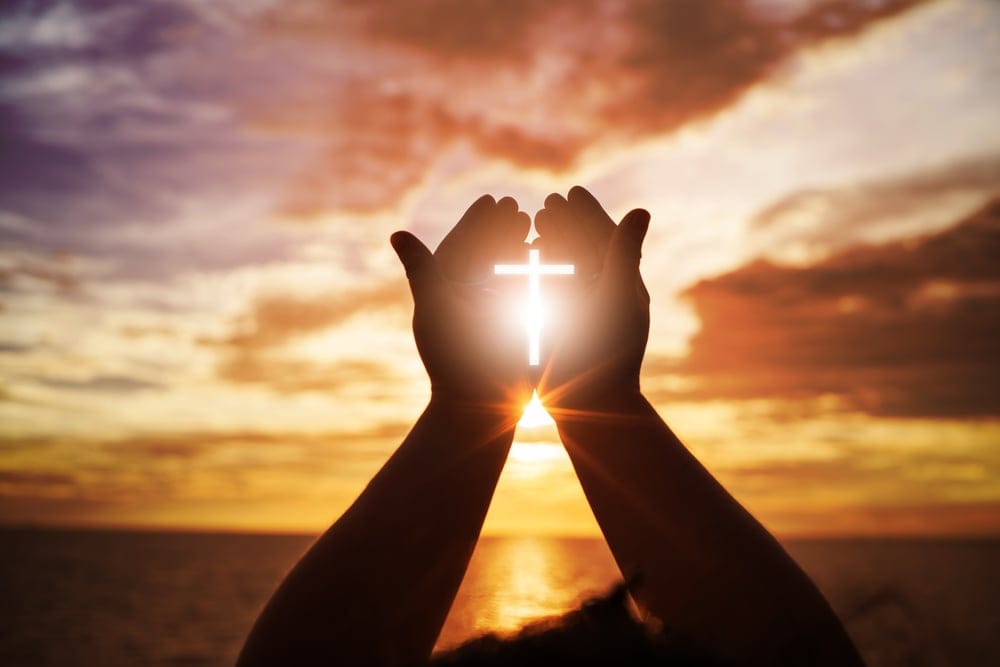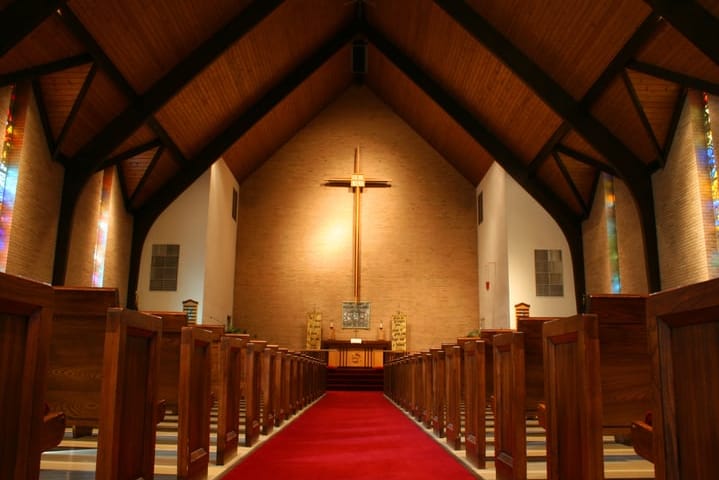We get that faith can be intensely personal, but here’s the thing: real understanding needs some give and take. So, if you’re religious and up for a respectful conversation, we atheists have some questions we’ve always wanted to ask:
1. How do you reconcile a loving God with all the suffering in the world?
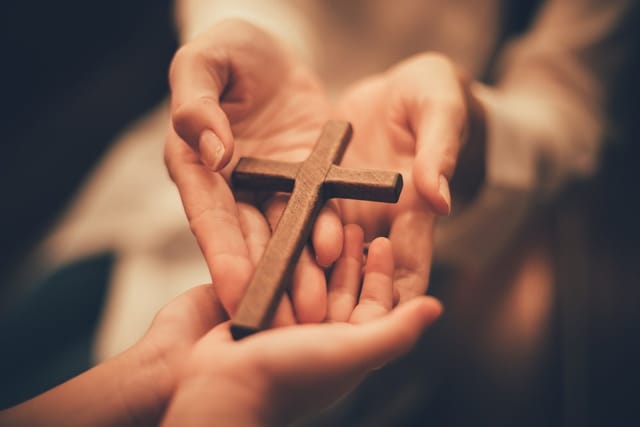
It’s tough to see devastating natural disasters, terrible diseases, and unimaginable cruelty and think it’s all part of some divine plan. If God loves us and has all this power, why does this stuff happen? We’re not looking for easy answers, just an honest perspective. Sometimes, the suffering of innocent people can be the biggest obstacle to faith for a non-believer. As Christianity Explored notes, this is one of the most popular questions atheists and Christians alike often have.
You may also like: 23 Habits Of Chronically Unhappy People
2. Can you offer proof of God’s existence beyond faith alone?
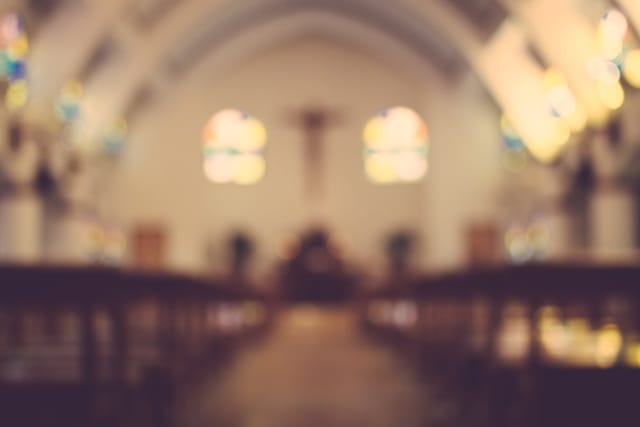
For atheists, belief needs some form of evidence. “Just having faith” doesn’t cut it. Do you have any concrete examples or experiences that convinced you beyond a doubt that God is real? We’re curious! For many atheists, the lack of tangible proof makes belief nearly impossible.
Don’t miss out – follow Bolde for exclusive content daily
3. How do you explain the origins of the universe without a creator?
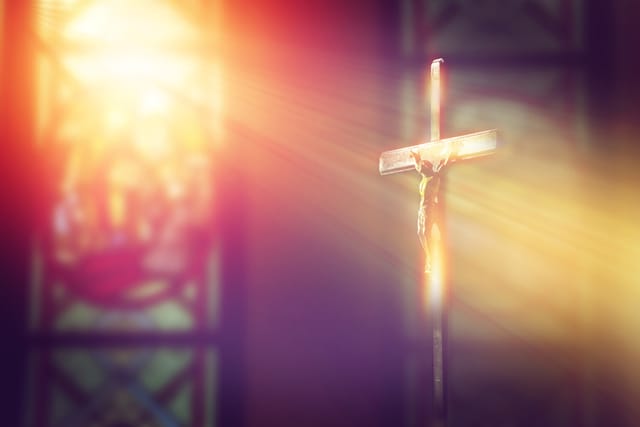
The Big Bang is the leading scientific theory, but it still leaves questions. To us, the sheer complexity and order of things seems to suggest something kicked it all off. How does your faith address the “where did it all come from” puzzle? The question of where everything began is a fundamental question that both scientists and theologians grapple with.
You may also like: 15 Signs You’re A Complex Thinker Whose Mind Works Differently
4. Why are there so many different religions and interpretations of God?
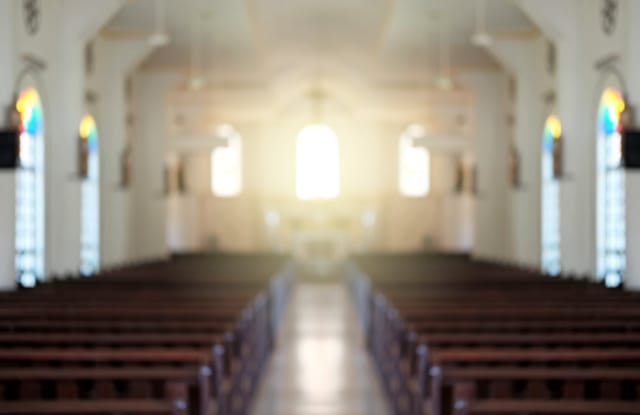
If there’s one all-knowing, all-powerful God, wouldn’t the message be more consistent? All the different religions and sects make it seem kinda… subjective. How do you navigate that within your own faith? The vastness and diversity of religions across the world can be a confusing and challenging topic for non-believers to understand.
Don’t miss out – follow Bolde for exclusive content daily
5. Don’t you think morality can exist without religion?

Many atheists live totally ethical lives, guided by compassion and empathy, not fear of punishment or hope of heaven. Where do you think our sense of right and wrong comes from if not from a religious text? Many atheists believe a strong moral foundation can be developed through secular means, emphasizing human empathy and societal well-being.
You may also like: If You Have Any Of These 40 Personally Traits, You’re An Extremely Toxic Person
6. How does your faith evolve with new scientific discoveries?
Things like evolution are heavily supported by evidence, yet they contradict some literal interpretations of religious texts. How do you balance those? Does it ever cause you to question any parts of your faith? The relationship between scientific advancements and religious doctrine can be complex and nuanced.
Don’t miss out – follow Bolde for exclusive content daily
7. How do you view miracles and events that seem to defy natural laws?

There are stories of unexplained healings, visions, etc. To a skeptic, these are hard to accept. Do you consider miracles essential to your belief, or are they more symbolic in your faith? Unexplained events can be a point of fascination and contention when it comes to discussions between atheists and those of faith.
You may also like: 16 Things Introverts Secretly Observe About Everyone They Meet
8. What makes your religion the “right” one?
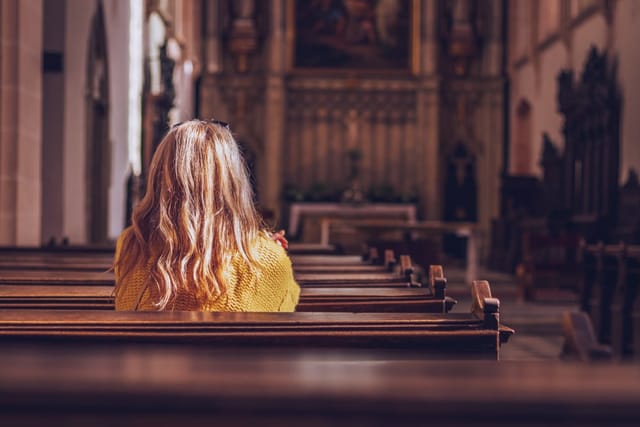
This isn’t meant to be disrespectful, but genuinely curious. Most people are born into their religion, so what makes you certain yours is the true path? Have you actively explored other beliefs? This question gets to the heart of personal belief and the search for spiritual meaning.
Don’t miss out – follow Bolde for exclusive content daily
9. Do you ever doubt your faith?
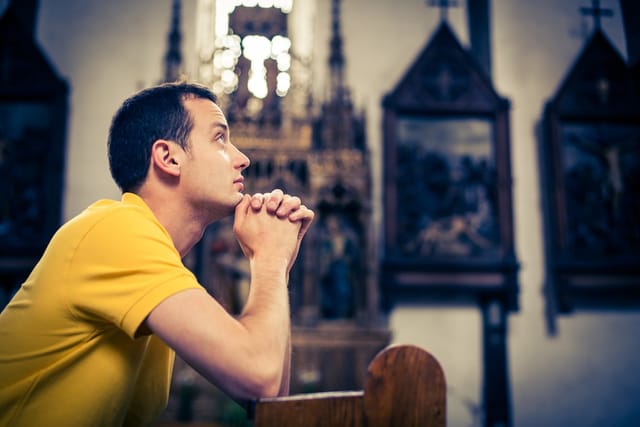
Everyone has moments of questioning things, per Christianity.com. It’s okay to admit that faith isn’t always rock-solid. How do you work through those moments of doubt and come back to your belief? Atheists aren’t immune to doubt either – the difference is we don’t have faith to fall back on during those times.
You may also like: 15 Things Introverts Do That Come Across As Rude But Really Aren’t
10. How can science coexist with faith in your worldview?
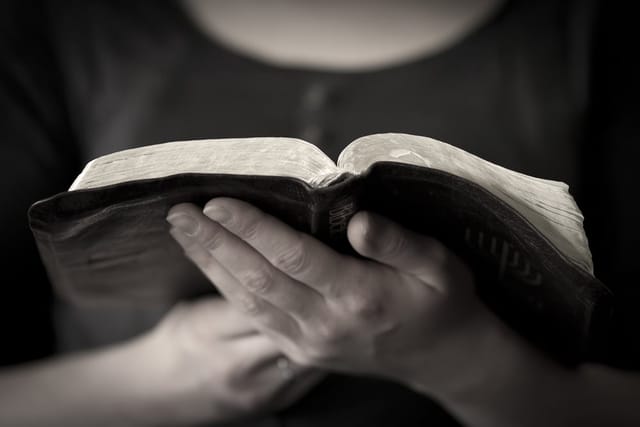
Some see science and religion as opposites. To us, science seeks to explain the ‘how’ of the world, while faith tackles the ‘why’. Can these two things come together for you, or are they separate spheres? Finding points where science and faith intersect can be a fascinating area of exploration for both believers and non-believers.
Don’t miss out – follow Bolde for exclusive content daily
11. How do you deal with religious texts that contain outdated or harmful ideas?
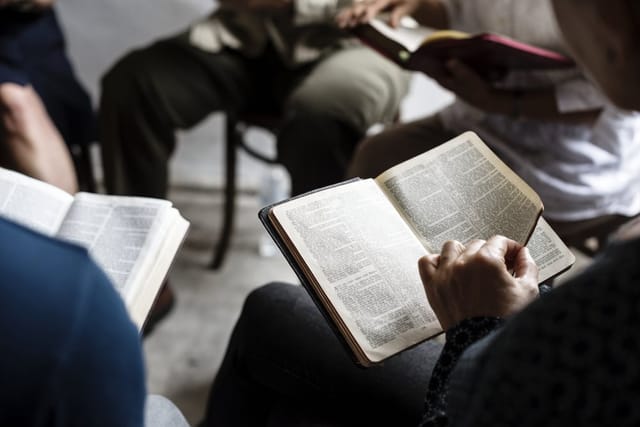
Let’s be honest, there’s stuff in scripture that seems discriminatory or cruel by today’s standards. Do you think these writings should be taken literally? How do you reconcile your beliefs with those aspects? The interpretation of religious texts, especially concerning historical documents, can spark complex and important conversations.
You may also like: 16 Cute Personality Traits Women Love In Men
12. Why does religion seem to play a role in so many conflicts and wars?
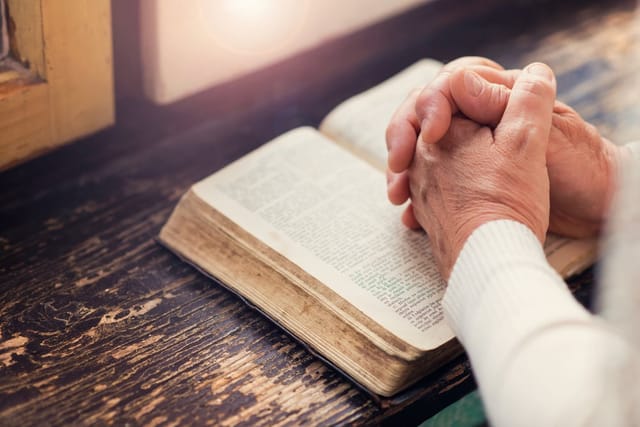
History (and present day) is full of violence done in the name of God. This makes some atheists see religion as a force for division. How do you respond to that perception? While there are sadly many historical and current conflicts linked to religion, it’s important to remember that there are countless believers who dedicate their lives to peace and charity.
Don’t miss out – follow Bolde for exclusive content daily
13. How does the idea of an afterlife influence your actions in this life?

For atheists, this is the one life we get. Do you think believing in heaven lessens the importance of the here-and-now? Or does it make you even more determined to do good works on Earth? The concept of an afterlife is a powerful factor for many believers, and raises questions about how we should prioritize our actions in the present.
You may also like: Evil People: 21 Things They Do & How To Deal With Them
14. Do you actively try to convert non-believers to your religion?

Some religions prioritize spreading the faith, which can make atheists feel pressured. Where do you stand on this? Is it important for you to convince other people to share your beliefs, or do you respect everyone’s choice? The approach to sharing faith varies across religions and individuals, and can be a sensitive topic in interfaith conversations.
Don’t miss out – follow Bolde for exclusive content daily
15. What role does community play in your faith?

Beyond belief itself, the sense of belonging and support that religious groups offer seems really important. Could an atheist find that same sense of community elsewhere, or is it unique to religion? While atheists don’t find community through shared faith, the importance of support systems and belonging is a universal human need.
You may also like: Men Who Are Unfulfilled In Life Often Display These 17 Behaviors
16. How would you like atheists to approach discussions about faith?
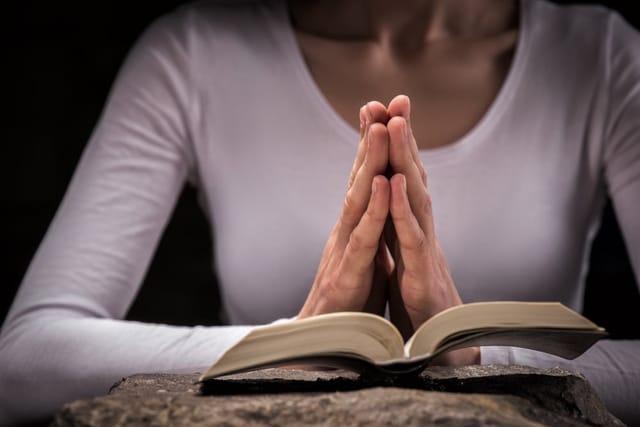
We want this to be a two-way street! Are there things atheists say or do that shut down productive conversations? How can we engage respectfully, even if we still disagree in the end? Open dialogue is vital, and it’s important for both atheists and believers to understand how to approach these conversations with sensitivity and a willingness to learn.
Enjoy this piece? Give it a like and follow Bolde on MSN for more!
